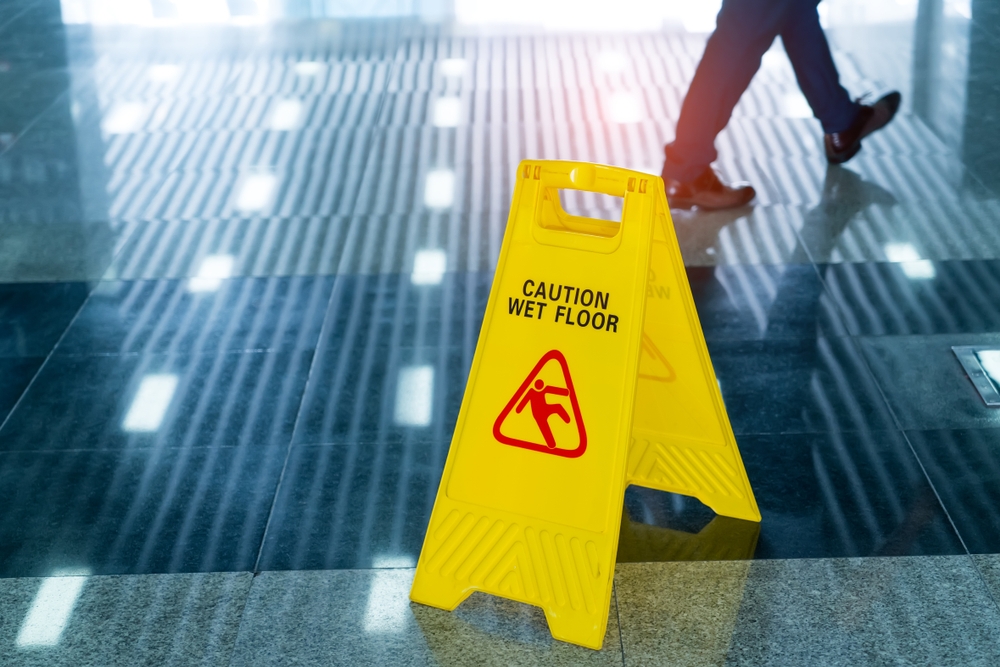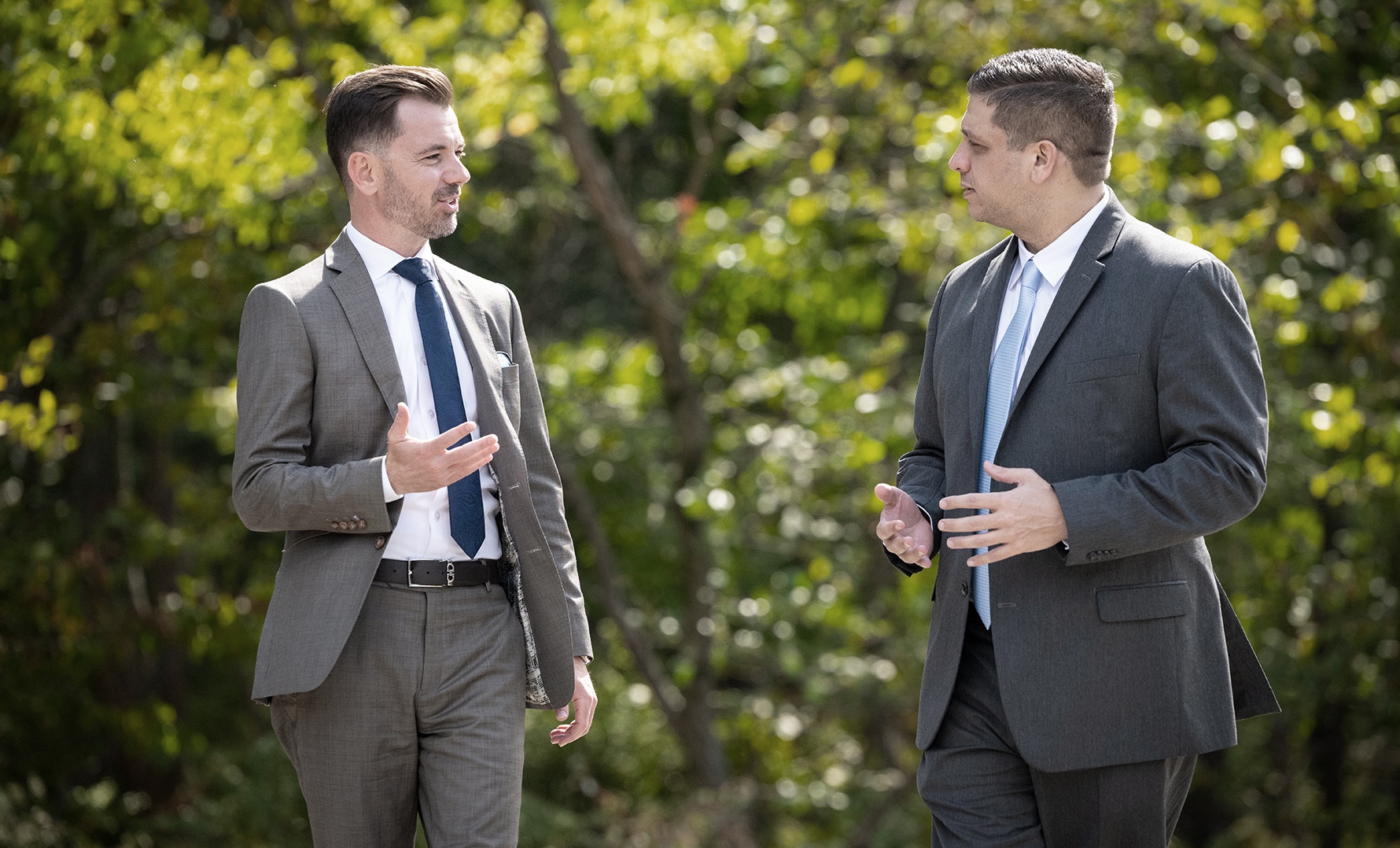
Accidents can happen anytime, anywhere - but when they occur in public spaces, understanding the rules governing liability becomes crucial. For New Jersey residents or anyone who has experienced a personal injury in the Garden State, it's imperative to grasp the legal landscape. The law firm Camili & Capo, PA sheds light on this intricate subject, guiding you through the nuances of New Jersey's liability laws.
Types of Public Spaces and Their Legal Definitions
Public spaces, as one might infer, are areas that are open and accessible to the public. In New Jersey, they can be broadly categorized into:
Publicly Owned Spaces
These are areas owned by the government, be it local, state, or federal. Their maintenance, safety protocols, and public access are typically regulated by a government agency. Examples include:
- Public Parks: Green spaces meant for recreation, maintained by the municipality or state.
- Streets and Highways: Roads, sidewalks, pedestrian crossings, and public transportation stations.
- Public Buildings: This can encompass everything from government office buildings to public schools and libraries.
Legally, these spaces are expected to be kept reasonably safe for the public. However, the exact threshold for "reasonably safe" can vary, and governments often enjoy a certain level of immunity from liability lawsuits, with some exceptions based on palpable negligence.
Privately Owned but Publicly Accessible Spaces
While these spaces are owned by private entities, they are open to the general public, usually for business purposes. Their owners have a legal duty to ensure safety. Such spaces include:
- Shopping Malls and Retail Stores: Commercial entities that invite the public in for business purposes.
- Private Parking Lots: These might serve businesses or private establishments but are open to public users.
- Entertainment Venues: This includes movie theaters, stadiums, and concert halls.
The owners of these spaces have a heightened duty of care to ensure that any foreseeable harm is mitigated. Since these are businesses, they are expected to actively check for potential hazards and address them promptly.
Semi-Public Spaces
These are areas that might have restrictions on who can access them but are still accessible to a significant portion of the public. They often exist in a gray area between public and private spaces. Examples include:
- Private Clubs or Gyms: While they might be restricted to members, they are still accessed by a broad public subset.
- Gated Communities or Building Lobbies: They serve residents and their guests, making them semi-public.
The duty of care for these spaces is unique. Owners and managers have an obligation to ensure the safety of their members, residents, and guests. However, they might not be held to the same stringent standards as purely public spaces.
Understanding Liability Laws in New Jersey
New Jersey's approach to liability in slip and fall accidents is governed by "comparative negligence," a system that weighs the fault of both the injured individual and the property owner. If the injured party is deemed more than 50% responsible for the incident, they are barred from recovering damages.
For instance, if you're injured in a public park because of an obscured hazard but were engaging in reckless behavior at the time, both parties' actions would be considered. If it’s determined that your reckless behavior contributed 60% to the injury, you won't be eligible for compensation.
Duty of Care
Both public and private entities have a duty of care to maintain their properties and ensure they're reasonably safe. However, the degree of responsibility varies. While private entities should be proactive in ensuring safety, public entities, due to the Tort Claims Act, are not liable unless they had "palpable" or clear negligence. This concept means that if there’s a pothole in a public parking space that has existed for a short time and someone gets injured, the public entity might not be immediately liable.
Case Examples
Understanding legal jargon can be tricky. So, here are a couple of real-life case scenarios illustrating New Jersey's slip and fall accident liability laws:
The Supermarket Slip
Scenario: Maria was grocery shopping at her local supermarket. Unknown to her, a bottle of juice had spilled in one of the aisles. There were no warning signs, and Maria slipped, injuring her hip.
Legal Perspective: In New Jersey, businesses that are open to the public, like supermarkets, have a duty of care to ensure that their premises are safe for customers. If the supermarket knew about the spill (or should have known) and did not take prompt action, they could be found negligent. Maria may be entitled to damages for her injuries if she can prove the supermarket's negligence.
The Playground Peril
Scenario: Kevin's son, Luke, was playing in a local public playground. One of the swing chains was corroded and broke while Luke was on it, causing him to fall and break his arm.
Legal Perspective: Public entities in New Jersey, such as municipalities that maintain playgrounds, are shielded by the Tort Claims Act. This means they have certain immunity from lawsuits. However, if Kevin can demonstrate that the municipality had "palpable" or clear negligence, like being aware of the corroded chain and not repairing it, then they might be held liable for Luke's injuries.
The Uneven Sidewalk Scenario
Scenario: Nancy was walking her dog in her neighborhood when she tripped on an uneven sidewalk, causing a sprained ankle. The unevenness was due to a tree root, and the city was aware but had not fixed it for months.
Legal Perspective: While public entities, like cities, have some immunity under the Tort Claims Act, they still have a responsibility to fix known hazards within a reasonable timeframe. Since the city was aware of the uneven sidewalk, Nancy could potentially have a claim against the city for her injuries.
The Gym Incident
Scenario: Jake was working out at his local gym. A piece of equipment he was using was faulty, and while lifting weights, it malfunctioned, causing Jake to sustain a catastrophic back injury.
Legal Perspective: Gyms, though privately owned, have a duty of care towards their members. If Jake can prove that the gym either knew or should have known about the faulty equipment and failed to address it, the gym might be held liable for his injuries. Furthermore, if the equipment malfunction was due to a manufacturing defect, Jake could also have a potential claim against the equipment manufacturer.
Contact an Experienced Slip and Fall Lawyer at Camili & Capo, PA for a Free Consultation About Your Case Today
Being injured in a public space in New Jersey can be daunting. Understanding the nuances of liability laws and navigating them can be challenging. It's crucial to note that, while the legal landscape may seem complex, every injured individual has the right to seek justice and compensation.
If you or a loved one has suffered an injury in a public space in New Jersey, remember that timing is critical. To ensure the best outcome, seeking legal advice promptly can be pivotal.
Camili & Capo, PA specializes in such cases, and our expert team is ready to guide you every step of the way. Don't navigate this intricate legal journey alone – Contact Us Today and let our expertise work for you.

